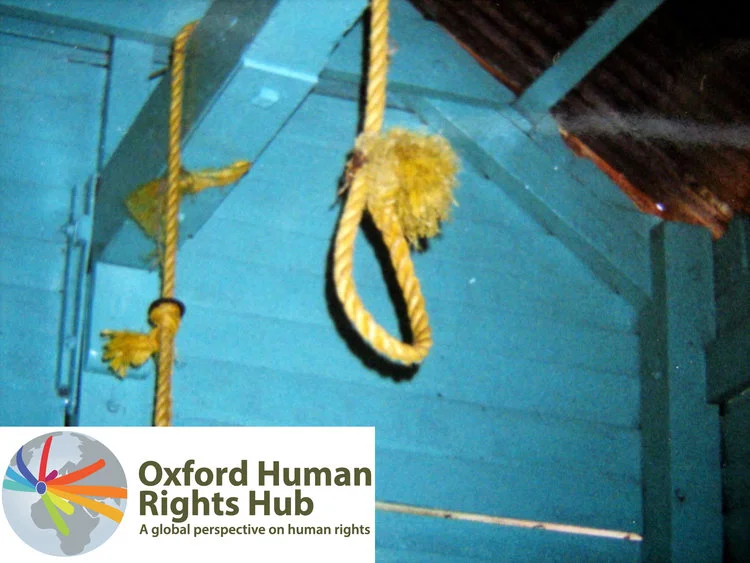While justice has been done in this case, difficult questions on state remission policies remain.
Despite the terror charges being an outcome of the prejudicial and disparate impact of the law, the terror defendants in Suresh’s book are not defined by passivity and victimhood.
Read MoreThe Bharatiya Nyaya Sanhita, 2023 proposes to criminalise sex which is based on the promise to marry when there was no intention of fulfilling the same.
Read MoreSince 2013, India has seen a consistent legislative expansion of the death penalty for sexual offences including the introduction of the death penalty for non-homicidal child rape.
Read MoreThe year 2022 exemplified the confusion roiling death penalty sentencing in India. Consider the following developments — trial courts handed out the largest number of death penalties in India in over two decades last year, even as the Supreme Court (SC) confirmed just two sentences.
Read MoreThe Supreme Court has reiterated that the test re-traumatises rape survivors and is based on patriarchal ideas. But issues related sensitisation of police and lawmakers will have to be addressed by the executive
Read MoreSet in place by a 42-year-old Supreme Court judgement, Indian law requires judges to consider a convict’s life story and the probability of reform in deciding life imprisonment or a death sentence. That ruling has been largely violated, as a study of trial-court judgements makes clear, because the law is fuzzy. Is it really possible to ensure no one is unlawfully sentenced to death? A Supreme Court Constitution bench will have to figure that out.
Read MoreEleven men who were sentenced to life imprisonment in 2008 for the gang rape of Bilkis Bano (she was pregnant then) and the murder of her family members in 2002 were released this week from a jail in Gujarat. While the applicable law in this case, on the face of it, seems to give the power to the Gujarat government to release these men, serious questions about the legality of the decision have emerged.
Read MorePolitical discourse on complex issue of sexual violence against women and children is unnuanced, prioritises rhetoric over evidence-based engagement. There are many empirically tenable pro-victim arguments against harsher sentences, particularly the death penalty for sexual violence.
Criminal law has been a significant site of reform in the context of sexual violence in India. Beginning with the amendments in 1983, several Supreme Court decisions and legislations have brought changes to the rape law. The paper uses findings from an eight-week long ethnographic study of rape trials in Lucknow’s Fast Track Court to argue that the legal changes have had little impact on the trial discourse. The author observed 95 rape trials, interviewed 12 lawyers, and conducted focus group discussions at 12 police stations in Lucknow. The paper exposes a chasm between the written formal law and the operational law in Lucknow’s lower court. The paper also demonstrates the narrow understanding of ‘real’ rape amongst lawyers and police personnel involving stranger rapes resulting in serious injuries. Further, the paper uses two case studies from the ethnography to reveal the normalization of sexual violence in acquaintance rapes, resulting from a narrow conception of what constitutes ‘real’ rape. It is finally argued that the transformative potential of criminal law for sexual violence is rather limited. The paper concludes by advocating for strategies outside of criminal law to combat sexual violence.
Read MoreAccording to recent news reports, a committee constituted to suggest measures to curb sexual violence against children recommended to the Union government that offenders above the age of 16 years under the Protection of Children from Sexual Offences (POCSO) Act should be tried as adults. It has also been reported that these recommendations will soon be tabled in Parliament.
Read MoreIn violation of the law, the constitutional right to fair trial at sentencing and a landmark 40-year-old Supreme-Court decision, Indian trial courts impose death sentences only by brutality of crime, without considering individual offender circumstance, probability of reform or life imprisonment.
Read MoreThe brutal gang-rape and murder of a doctor in Hyderabad by four men unknown to her has once again brought back the conversation on death penalty for sexual violence into the public realm.
Read MoreThe study allows us to better understand judicial thought processes on the death penalty while locating it within the broader context of India’s criminal justice system.
Read More















